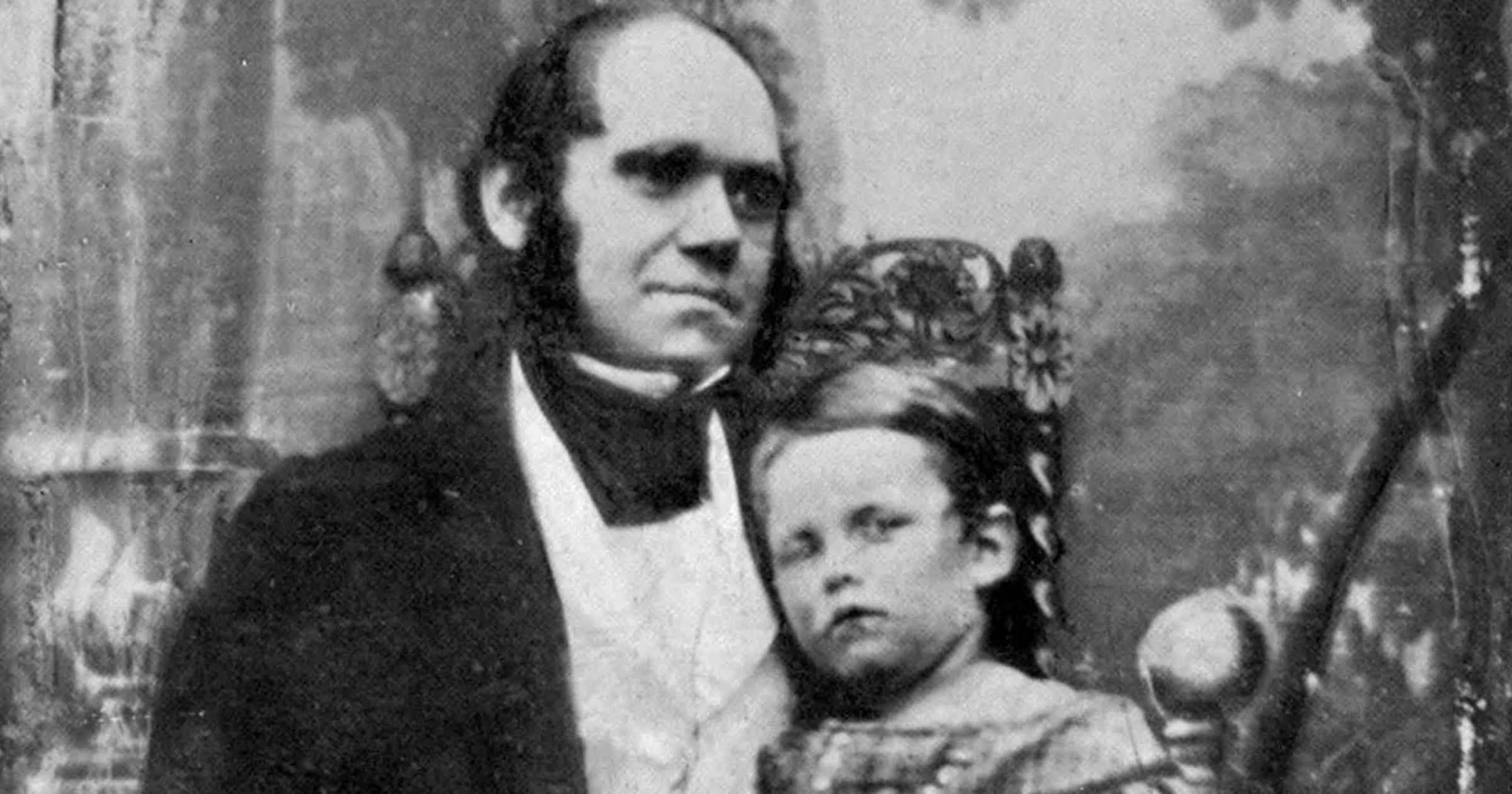 Faith & Science
Faith & Science
 Intelligent Design
Intelligent Design
Design in the Grand Human Story

The phenomenal layers of design manifested in the biochemistry of the cell and the physiological and anatomical features of living beings are well documented. Many have seen design, too, in the operation of history, advancing each time a biological wonder takes place: the birth of a child. While the multiple millions of different species of life on Earth all continue to exist by producing offspring generation after generation, we are of course most personally connected with our own children. Each will contribute his or her part to the grand human story.
As I wrote in my book Canceled Science:
I vividly remember when my daughter was born, being amazed at how perfect this little person was. To think that she was essentially made from the food my wife ate during the nine months of her pregnancy adds to the wonder of seeing a newborn baby. Imagine the marvel of the human body, which can take the basic ingredients of whatever we eat and convert it into a human child. But the most powerful thing about seeing my newborn daughter was looking into her eyes. There was somebody there looking back at me. Immediately after she was born, this tiny baby connected with me, spirit to spirit. There was no mistaking that she was a person fully alive, complete with personality, will, and emotions.
p. 223
As I’ve gotten older, I’ve begun to appreciate more and more the value inherent in being young. Children have a resource available to them that slips like sand through our fingers — time. What will we do with the time we’re given to live?
Who Will Be Born Today?
This year on Christmas Eve I heard a message reminding me that no matter how significant or ominous current world events appear, nothing happening right now has as much potential impact on our lives as the children being born this day. The value inherent in each child stems from their personhood, not from the degree of biochemical complexity within their cells. As a person, with a mind, will, and sense of values, each child has the potential to form relationships, at the levels of soul and spirt, and to plan and accomplish deeds that have lasting effects.
The fruit of a person’s life may not appear immediately; some stories are still being written, and the full effects of a life will only be read in the ages to come. As an example, let’s consider the year 1809. At that time, major events in the Western world swirled around Napoleon’s battles and conquests. Set against the backdrop of these tense and unsettling times, we have the privilege of 214 years of hindsight to appreciate the significance of a just a few of the children born in 1809.
Darwin and Lincoln
Two famous individuals who share the birthdate of February 12, 1809, are Charles Darwin and Abraham Lincoln. Their significance to history, in very different ways, is beyond calculation. Other notable people born in 1809 include composer Felix Mendelssohn, poet Alfred Tennyson, and British statesman William Gladstone, who served as Prime Minister of the UK.
Lincoln, born in rural Kentucky, stepped into history in 1861 as the 16th President of the United States. In his presidency, on January 1, 1863, he issued the Emancipation Proclamation that declared forever free those slaves within the Confederacy. Lincoln’s efforts to preserve the United States find expression in the Gettysburg Address of November 19, 1863: “that this nation, under God, shall have a new birth of freedom — and that government of the people, by the people, for the people, shall not perish from the earth.” He certainly came to see providence acting in his country’s history, as other informed observers agree:
Darwin’s Last Word
Even though children have a predisposition to faith in God, some are unfortunately led to reject the evidence of design in nature, sometimes through misguided teachings, and sometimes as an embittered response to injurious experiences. Without delving into Darwin’s rationale for postulating his theory of evolution, we can nonetheless recognize his theory’s effect on the beliefs of millions of people who have absorbed his conclusions. As Benjamin Wiker has written:
[Darwin] wrote his Descent of Man, where he argued that not only man’s moral and intellectual capacities are brought about by natural selection, but even religion itself. That was his last word on God.
For good or evil, every word and deed of our lives ripples outward to touch untold others with consequences we can hardly imagine. At Christmastime, the birth of one child is celebrated by Christian believers around the world. Is the birth of a child evidence of unguided materialism? I would submit that each child born is supreme evidence of intelligent design, and that even though we rarely know the outcome of a life from its beginning, each new life is a wonder indeed. How the fabric of all these lives, knitted together, will appear in retrospect is a question that only future generations will be able to begin to address.
